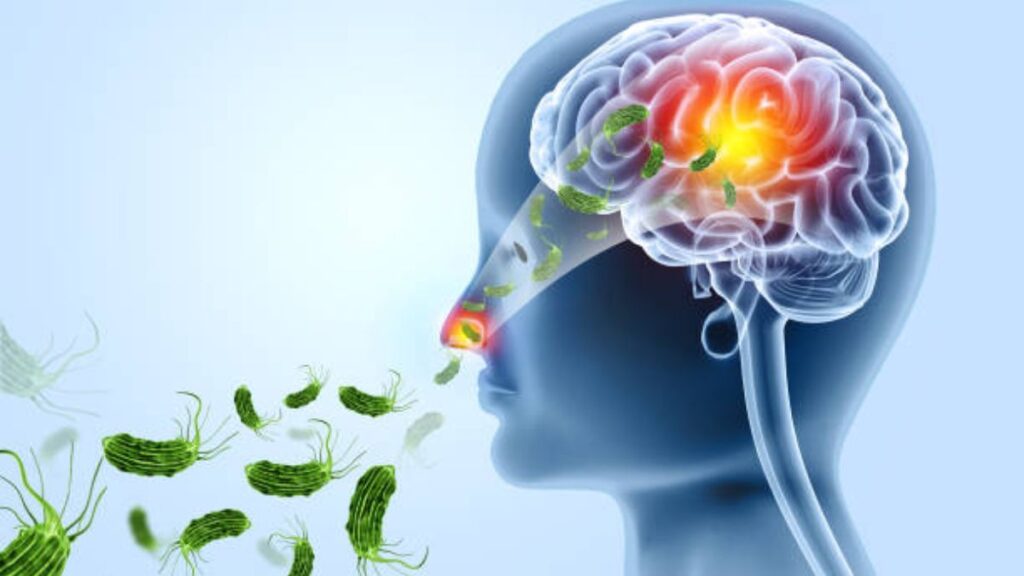Kerala Records Fourth Case of Rare Brain-Eating Amoeba Infection: Report

Kerala has recently recorded its fourth case of amoebic meningoencephalitis, a rare brain infection caused by a free-living amoeba found in contaminated waters. This alarming development follows the unfortunate deaths of three minors since May due to this infection.
Details of the Case:
- The latest case involves a 14-year-old boy from Payyoli in Kozhikode district, currently undergoing treatment at a private hospital.
- According to reports from PTI, the boy was admitted on July 1, and his condition has shown signs of improvement under medical care.
- Prompt identification of the infection allowed for immediate treatment, including the administration of specialized medications imported for this purpose.
Previous Cases and Fatalities:
- Prior to this case, a 14-year-old boy succumbed to the infection on July 3, highlighting the severity of the condition.
- Earlier fatalities include a five-year-old girl from Malappuram on May 21 and a 13-year-old girl from Kannur on June 25.
- All reported cases involved minors, emphasizing their vulnerability to this rare but deadly brain infection.
Preventive Measures and Government Response:
- In response to the escalating situation, Chief Minister Pinarayi Vijayan chaired a meeting to discuss preventive measures.
- Recommendations included avoiding bathing in unclean water bodies and ensuring proper chlorination of swimming pools.
- Emphasis was placed on educating children about the risks associated with contaminated water sources to mitigate future infections.
This recent development underscores the urgent need for public awareness and proactive measures to prevent further occurrences of amoebic meningoencephalitis in Kerala.
Frequently Asked Questions
1. How to avoid brain eating amoeba?
Proper chlorination of pools, avoiding unclean waterbodies, and using nose clips while swimming can help reduce the risk of infection.
2. Where is brain eating amoeba found?
Naegleria fowleri is found around the world, often in warm or hot freshwater (lakes, rivers, and hot springs).
3. What are the symptoms of the brain amoeba?
Stiff neck, confusion, lack of attention to people and surroundings, loss of balance, and hallucinations are the later symptoms. It usually leads to coma and death after five days, says the CDC. Most people die within one to 18 days.
4. Is brain eating amoeba treatable?
Although no specific treatment for primary amebic meningoencephalitis exists, the Centers for Disease Control and Prevention recommends combination therapy, including intravenous and intrathecal amphotericin B, azithromycin, miltefosine, rifampin, and dexamethasone.
5. What are Kerala brain eating amoeba symptoms?
Once inside, the amoeba travels along the olfactory nerve to the brain, causing severe inflammation and rapidly progressing symptoms such as severe headache, fever, nausea, vomiting, and confusion. Despite treatment efforts involving antifungal and antimicrobial medications, the mortality rate remains high.
Disclaimer: This article is intended for general informational purposes and to raise awareness among our readers. It should not be construed as medical advice. The symptoms, treatments, or therapies mentioned are for informational purposes only and should not be considered expert advice. Punenow News does not claim expertise on medical matters related to amoebic meningoencephalitis or any other health condition. Readers are encouraged to seek professional medical advice and guidance from qualified healthcare providers for any specific concerns or questions regarding medical conditions.








